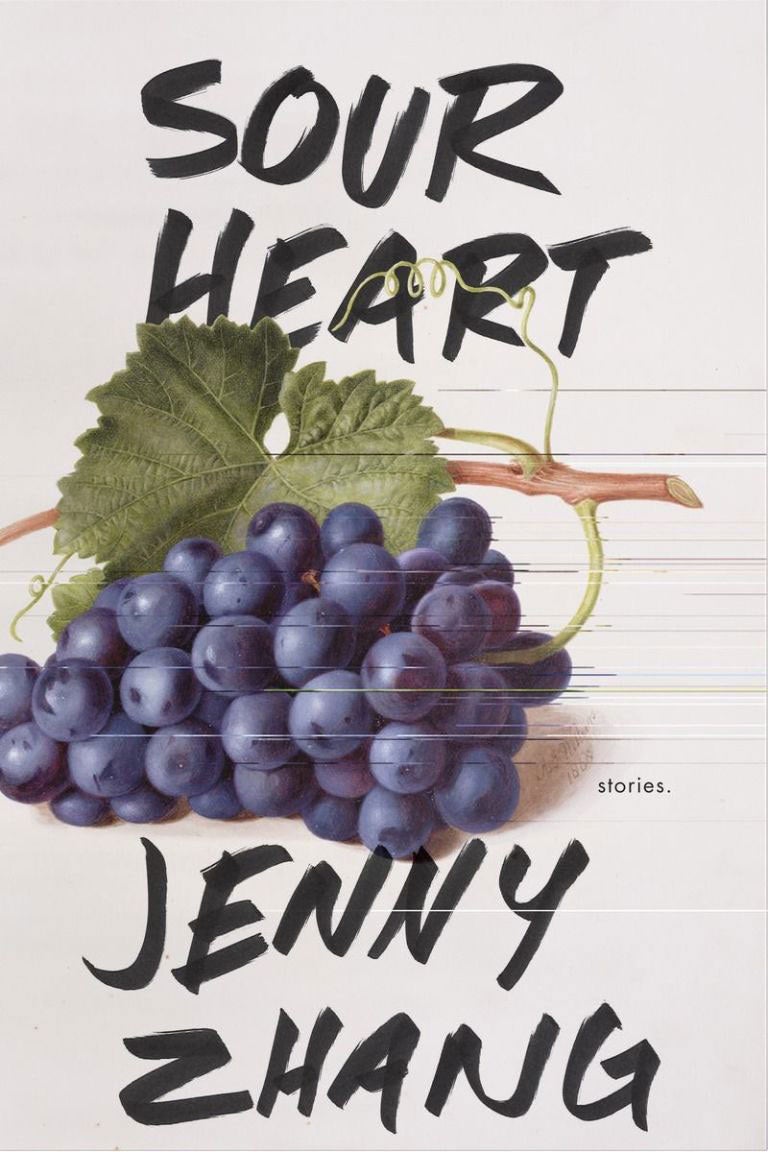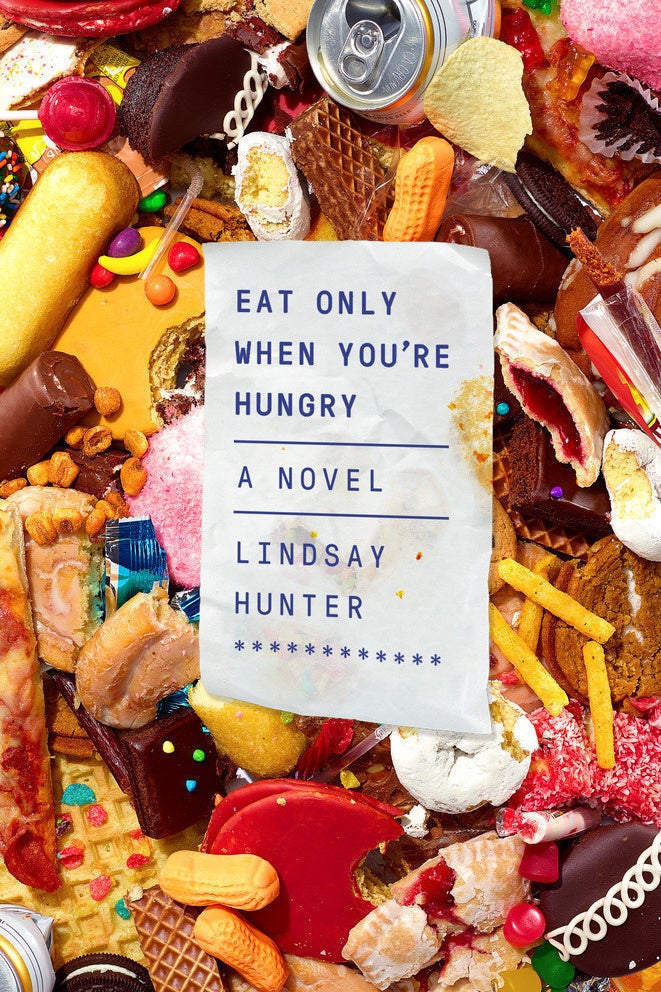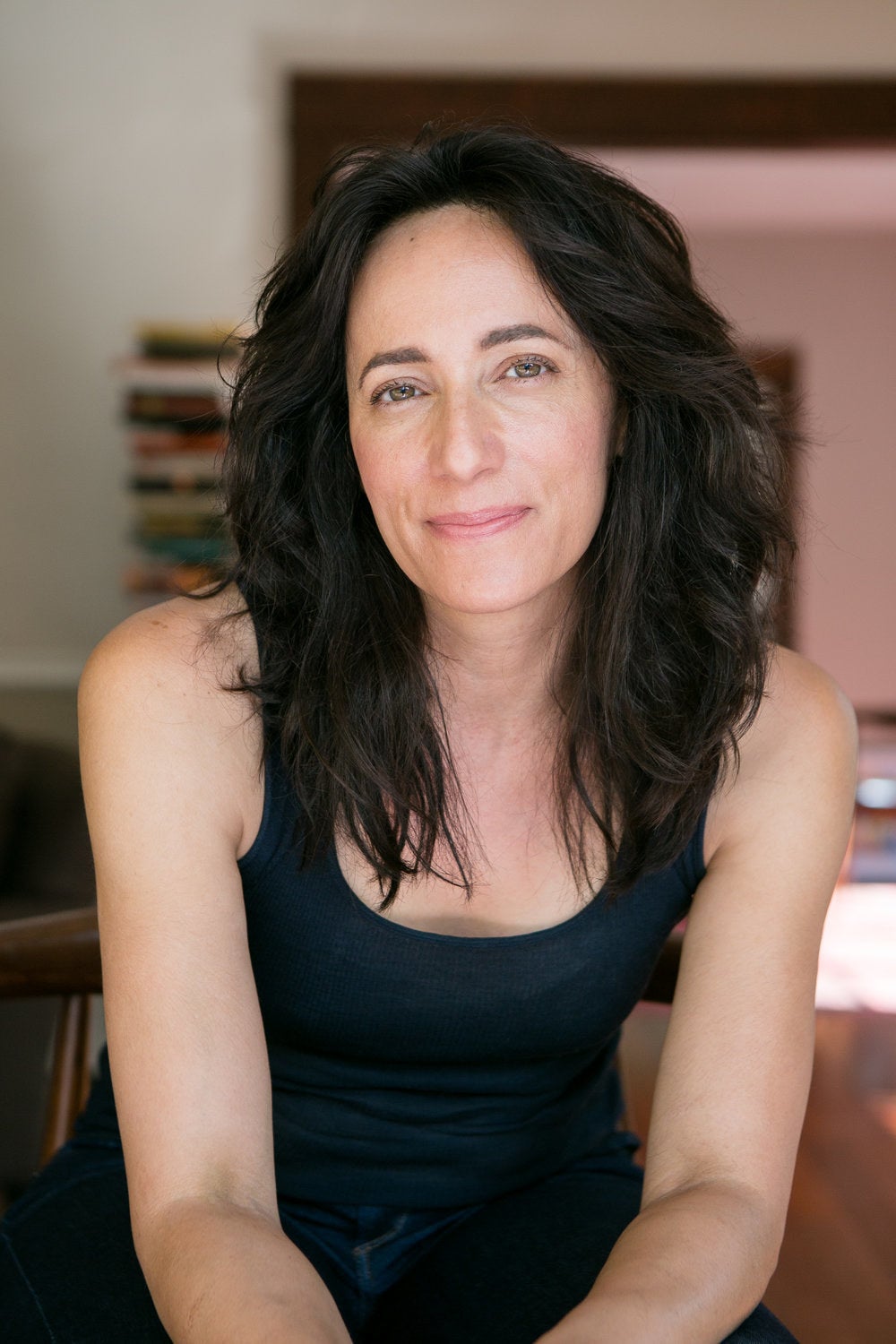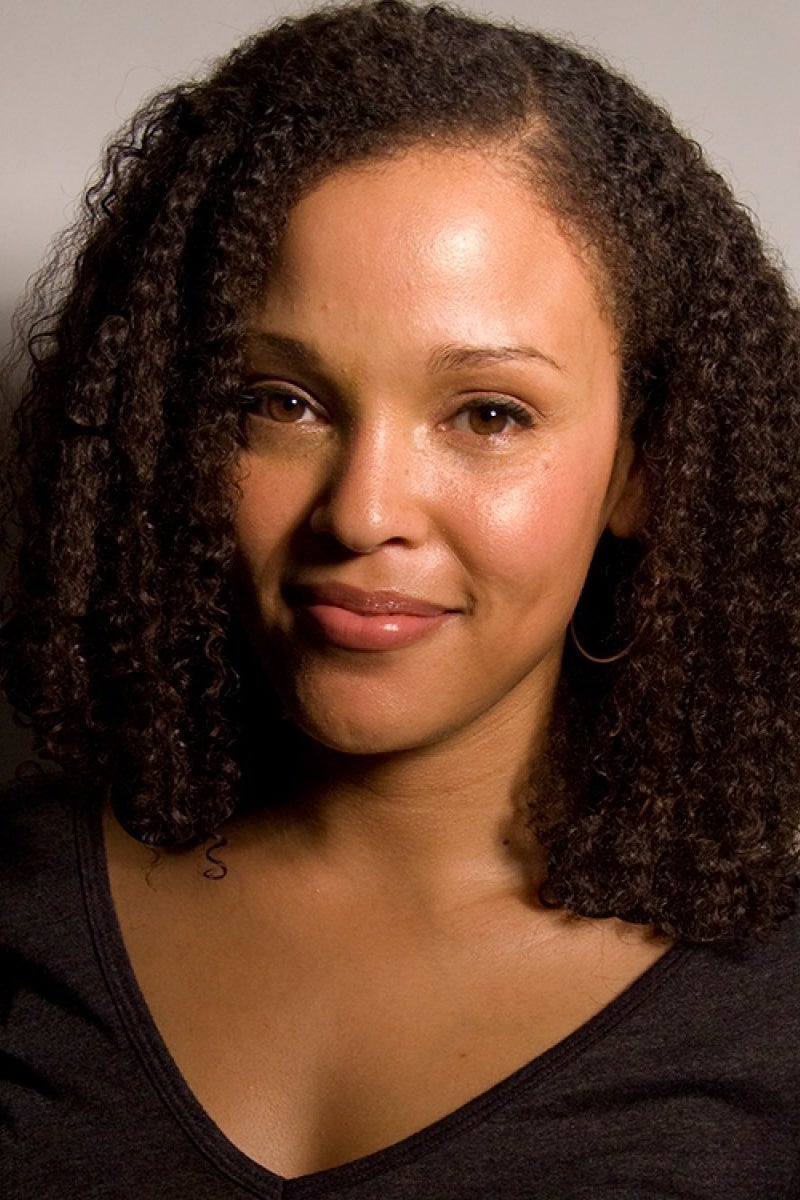1. Sour Heart by Jenny Zhang


Jenny Zhang's debut short story collection, Sour Heart, chronicles the lives of young girls growing up in New York after their families have immigrated from China and Taiwan. As these girls deal with the massive pains and occasional joys of growing up — of girlhood itself — they face poverty, racism, and their parents' own dissatisfaction and strife. And when Sour Heart occasionally jumps back to the Cultural Revolution in 1960s China, it also depicts the nuances of an immigrant experience in which history cannot be left behind and certain past events reverberate for years to come, across thousands of miles. In exuberant, powerful, and often hilarious prose, Zhang tackles big, difficult subjects with great brilliance and insight, even as she brings us closely into the lives of a few specific girls. While the stories in Sour Heart feel true to life, they're also as strange as real life, and as real minds — they're like nothing you've seen before. —Isaac Fitzgerald
2. Eat Only When You're Hungry by Lindsay Hunter


Eat Only When You're Hungry, author Lindsay Hunter's second novel, introduces us to the unforgettable Greg, a 58-year-old man searching for his missing, drug-addicted son. Greg has his own issues with addiction — he eats compulsively, and he drinks too much. Hunter delves closely into Greg's world as he travels from West Virginia to Florida in a rented RV, and also delves into the troubled lives of his family members, with an honesty that is both harsh and tender. Eat Only When You're Hungry does many things — it's a painfully vivid family portrait, a road novel, and a novel about addiction in its many forms — and it does them all wonderfully, with a stunning emotional impact. —Isaac Fitzgerald
3. New People by Danzy Senna


In Danzy Senna's compulsively readable novel New People, Maria, an adopted, newly engaged, mixed-race Columbia University grad student finds herself infatuated with an unnamed black poet. Her crush prompts her to engage in increasingly unhinged behavior as the prospect of spending the rest of her life with her woke-before-woke-existed fiancé Khalil — whose locs "have long since passed the Basquiat stage but have not quite arrived at Marley" — fills her with unnameable dread. Set in mid-'90s New York, New People is a witty and incisive send-up of race relations that feels just as relevant now in 2017. —Tomi Obaro
4. The Seventh Function of Language by Laurent Binet


Laurent Binet's The Seventh Function of Language is every capital-T Theorist you read in college mashed up with a trans-Atlantic murder mystery worthy of an airport bookstore. The novel reimagines the death of literary critic Roland Barthes not as a tragic traffic accident but instead as part of a vast global conspiracy reaching back through the generations. I know what you're thinking (Dan Brown), but Binet doesn't just use the history of semiotics to gild a predictable thriller with intellectual pretension. He instead draws out the sometimes conspiratorial implications of using literary techniques to interpret everyday life. What if everything really does mean something? —Matthew Zeitlin
5. Sing, Unburied, Sing by Jesmyn Ward


The heart of Jesmyn Ward’s Sing, Unburied, Sing is story — the yearning for a narrative to help us understand ourselves, the pain of the gaps we’ll never fill, the truths that are failed by words and must be translated through ritual and song. In Ward’s Mississippi, 13-year-old Jojo is heavy with a story he never asked for, but which he inherited and must make sense of nevertheless. He does this by listening: to his grandfather’s stories about being in a prison that treated him like a slave; to the hushed conversations between his black mother and the white father whose family won’t acknowledge him; to the generations-old spiritual practices of his dying grandmother; to the ghosts only he and his little sister can see, those of his uncle, a young boy, and the many nameless black Southerners whose stories died with them. Ward’s writing throbs with life, grief, and love, and this book is the kind that makes you ache to return to it. —Arianna Rebolini
